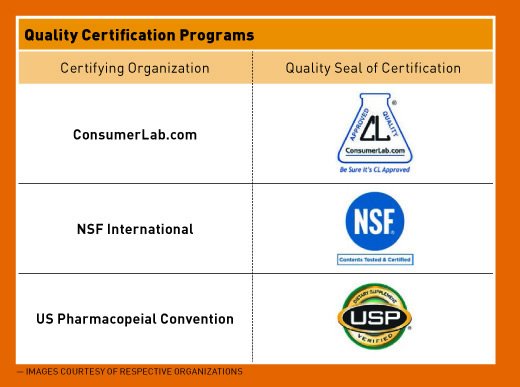Supplement Series: Where to Start?
Health-seeking individuals tend to have a lot of questions about supplements - and for good reason! If your goal truly is to live your healthiest life, why wouldn’t you want to do everything within your power to make that happen? Especially when it’s as easy as popping pills.
Oftentimes the most powerful measures we can take to improve our health are the hardest ones to implement: Getting to bed earlier, finding fifteen minutes for prehab, another ten minutes for mindfulness, eating whole foods at regular intervals throughout a busy work day, opting for water instead of a second or third alcoholic drink, etc. These are the bread and butter of your health, but the inevitable imperfection that occurs when we fruitlessly try to make all of that (and more) happen in twenty four hours leaves us with room for improvement.
In researching the world of supplements, I’ve noticed a trend of dietitians referring to multivitamins as the equivalent of taking out an insurance policy on your health. This resonates with me - it’s like a nutrient safety net, catching you where you might fall short on an average day of doing your best. (87% of dietitians in this 2012 survey agreed that dietary supplements could effectively address gaps in their clients’ diets). With that in mind, here are some guidelines to keep in mind when approaching supplementation:
Real Food First.
Real food always comes first. This concept isn’t new, or rocket science, but in case you missed it: You can’t out-supplement a bad diet. Real foods are complex, containing fiber and a variety of macro and micronutrients that are most effectively absorbed when not consumed in isolation. You can’t eat processed foods plus zero veggies, then take a vitamin or green drink and call it a day. Well, you could - but it hardly suffices as a well-rounded approach to nourishing your body. The more nutrient needs you can meet without a pill bottle, the better off your body will be for it.
2. Test, Don’t Guess
While multivitamins, Vitamin D, probiotics and omegas are generally a safe bet, considerations should be taken for other specific supplements. Otherwise, you run the risk of interacting with medications, exceeding a vitamin’s upper daily limit, or otherwise doing more harm to your body than good.
For example: calcium intake may interfere with iron absorption, antioxidant supplementation (specifically vitamins E and C) can negatively affect the body’s anabolic signaling pathways that allow adaptation to resistance training; or, despite the fact that no small percentage of female aerobic athletes are iron deficient, not all are - so it’s better to know for sure before running the risk of reaching toxicity. Make educated decisions by getting bloodwork done and reviewing results with your doctor or RD - that way you can get the appropriate supplements in their appropriate dosage levels for YOUR individual needs.
3. Quality Matters (3rd Party Testing)
Once you’ve figured out what you need, do a quick check to make sure that your chosen brand of supplement is third party tested (image source).
In upcoming installments of The Supplement Series, I will share more information about commonly supplemented nutrients, including where to find them in food sources.





